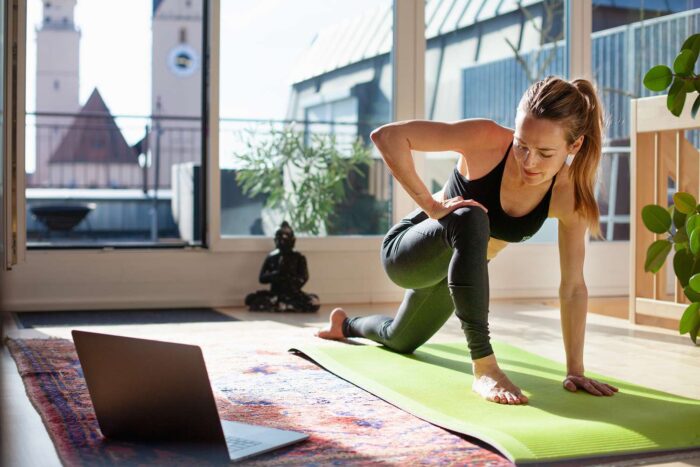Yoga offers profound benefits to its practitioners, whether they are beginners or seasoned yogis. However, with the plethora of options available, a common dilemma often surfaces: is it better to practice in a yoga studio or at home? This question becomes particularly intriguing for those contemplating intensifying their yoga journey, such as enrolling in a Bali 200 hour yoga teacher training.
Table of Contents
The Ambiance of Yoga Studios
Yoga studios are synonymous with a sense of community and collective energy. They provide an environment specifically designed for yoga, often featuring calming decor, serene colors, and the subtle scent of essential oils. Practicing in a studio under the guidance of experienced instructors offers immediate feedback and personalized adjustments, ensuring that poses are executed safely and effectively. Additionally, studios often host workshops and special events, fostering a deeper understanding of yoga philosophy and practice.
The social aspect of yoga studios shouldn’t be underestimated. They become melting pots of like-minded individuals, offering a support system and a chance to forge new friendships. For those seeking a sense of belonging or community, a studio can be a haven.
The Flexibility of Home Practice

Conversely, practising yoga at home offers unmatched flexibility and convenience. In today’s fast-paced world, carving out time to visit a studio can be challenging. Home practice allows individuals to fit yoga into their schedule seamlessly, be it early in the morning or late at night. This flexibility is invaluable for those with busy lifestyles or those who live far from a yoga studio.
Home practice also caters to personal preferences in a way a studio cannot. You can tailor your environment to your liking, choosing your own music, pace, and even the style of yoga you wish to practice on any given day. It offers a private, introspective experience where one can connect deeply with oneself without the distractions of a group setting.
Financial Considerations
The cost factor plays a significant role in this decision. While yoga studios require a financial commitment in the form of membership fees or drop-in charges, practicing at home is essentially free, especially with the abundance of online resources available. For those on a tight budget or unwilling to invest in studio classes, home practice is a practical and economical choice.
Learning and Advancement

For beginners, studios can be particularly beneficial for laying a solid foundation. The guidance of a qualified instructor is crucial in understanding the basics and avoiding injuries. However, as one advances in their practice, home training can offer the freedom to explore and deepen one’s practice in a personalized manner.
Those considering advancing their yoga journey, such as through a yoga teacher training program, might find a blend of both studio and home practice beneficial. courses like this offer immersive experiences that combine the structured learning of a studio with the introspection and personal growth that comes with practice at home.
In the end, the choice between practicing yoga at a studio or at home boils down to personal preferences, lifestyle, and goals. While studios offer a structured, communal environment conducive to learning, home practice provides flexibility and a deeply personal experience. For many, a combination of both might be the key to a fulfilling yoga journey.
As the yoga path is highly individualistic, it’s essential to choose a setting that resonates with your needs and aspirations. Whether it’s the guided practice in a studio or the freedom of practicing at home, what matters most is your commitment to the journey and the personal growth it brings. For those looking to deepen their practice through a structured program, exploring options like the Bali 200-hour yoga teacher training could be the next step in their yoga journey.

Leave a Reply